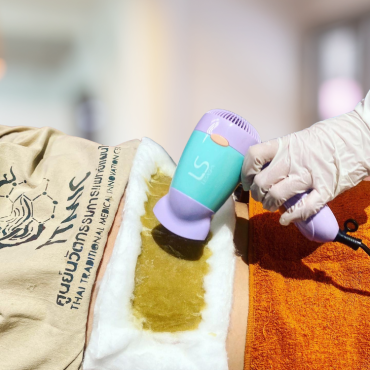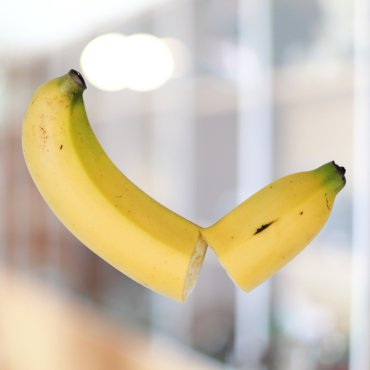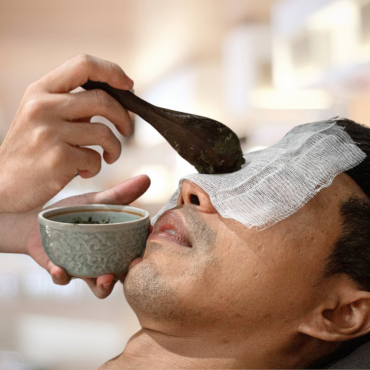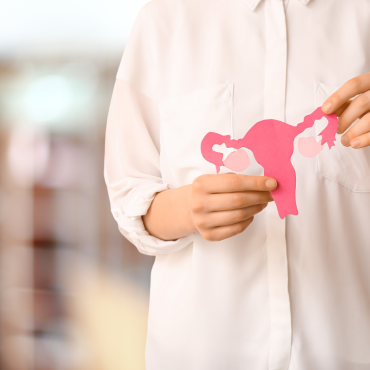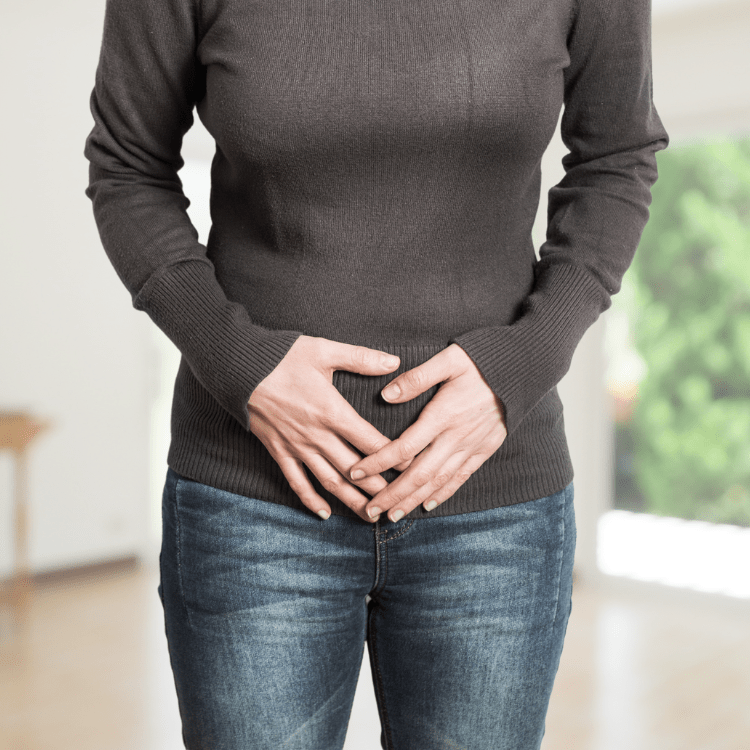
Urinary System
Cystitis
Cystitis accounts for more than 70 percent of urinary tract infections. It is common in women during adolescence and reproductive age. The reason why this disease is many times more common in women than in men is because the urethra of women is short and is located near the anus, which is a source of germs. Therefore, germs can enter through the urethra of women more easily than men.
From research studies, it was found that 70 percent of women who have urinary tract infections will have a recurrence within 6 months. Almost all women are at risk of this disease, from childhood to old age. It is more common in pregnant women, especially in the first 2-3 months of pregnancy or women who like to hold urine for a long time. Men are less likely to have this disease. If it is found, it is usually due to other abnormalities, such as an enlarged prostate or a tumor in the bladder or an abnormality of the structure of the urinary tract. In addition, it may be a complication in patients with diabetes, bladder stones, enlarged prostate, or after catheterization.
Most cystitis is caused by holding urine for too long, along with not drinking enough water. Holding urine for a long time is the most important factor that promotes cystitis.
Some patients may find that it occurs frequently. Due to the anatomical abnormalities of the bladder, urethra, or kidney stones in women of reproductive age, symptoms of cystitis are often found after sexual intercourse, especially in the early post-marriage period. Bruising from sexual intercourse may occur, causing inflammation of the urethra. Bacteria can easily enter the bladder, causing inflammation and infection of the bladder, called Honeymoon Cystitis.
Symptoms
Frequent urination, burning, and a small amount at a time, feeling incomplete urination, inability to hold urine, severe pain at the end of urination, and in some cases, blood may also come out. Patients may also have pain in the lower abdomen. Urine has a foul odor and is usually clear in color, but some may be cloudy or have blood in it. Symptoms may occur after holding urine for a long time or after sexual intercourse. In young children, bed-wetting may occur, fever, loss of appetite, and vomiting. Physical examination usually does not reveal any obvious abnormalities. Some may experience slight tenderness in the middle of the lower abdomen.
Diagnosis
Cystitis can be diagnosed from the above urinary symptoms, along with a urine test showing white blood cells and bacteria.
- More than 5-10 white blood cells found in urine when examined under a microscope using high magnification, by examining fresh, unspun urine.
- More than 1 bacteria found in urine when examined under a microscope using high magnification when examining fresh, unspun urine, or 1 or more bacteria found on a Gram stain.
Urine culture is necessary in elderly patients, patients with symptoms for more than 7 days, patients with a history of multiple episodes, and those with underlying or chronic diseases such as diabetes, liver disease, kidney disease.
Urine test with a test strip This method is a convenient and rapid urine test that can be performed generally. It can test for many things. If the white blood cell test is found, the sensitivity of the test strip is higher than 80 percent and the specificity is higher than 95 percent. However, if the bacteria are tested, the sensitivity of the test strip is found to be low. In some cases, the doctor may consider additional tests, such as an X-ray or urinary tract examination.
Treatment
- Consider giving antibiotics. The drug with a high sensitivity of 80 percent or more should be selected, depending on the data on drug sensitivity of the bacteria in the patient's community.
- The causative organisms in Thai patients have a high resistance rate to amoxicillin and co-trimoxazole. Therefore, the first choice of drugs should be the quinolone group.
- For pregnant women and children, use oral 3rd cephalosporins such as cefdinir, cefixime, ceftibuten.
- Patients with a history of frequent cystitis or a history of taking antibiotics within one month should consider using drugs in the quinolone group.
Prevention
- Try to drink plenty of water and do not hold your urine. You should practice urinating outdoors or while traveling anywhere. Holding your urine allows bacteria to stay in the bladder for a long time, where they can grow and cause inflammation.
- After defecating, use toilet paper to wipe from front to back to prevent germs from entering the urethra.
- For urinary obstruction after intercourse (Honeymoon's cystitis), it can be prevented by drinking a glass of water before intercourse, applying vaginal lubricant if necessary, and urinating immediately after intercourse. Sometimes it is necessary to take preventive medication if there is frequent infection. During the time of vaginal discharge, clean more often and do not let it accumulate. If necessary, see a doctor.
- Avoid prolonged constipation.
- Categories
- Urinary System

